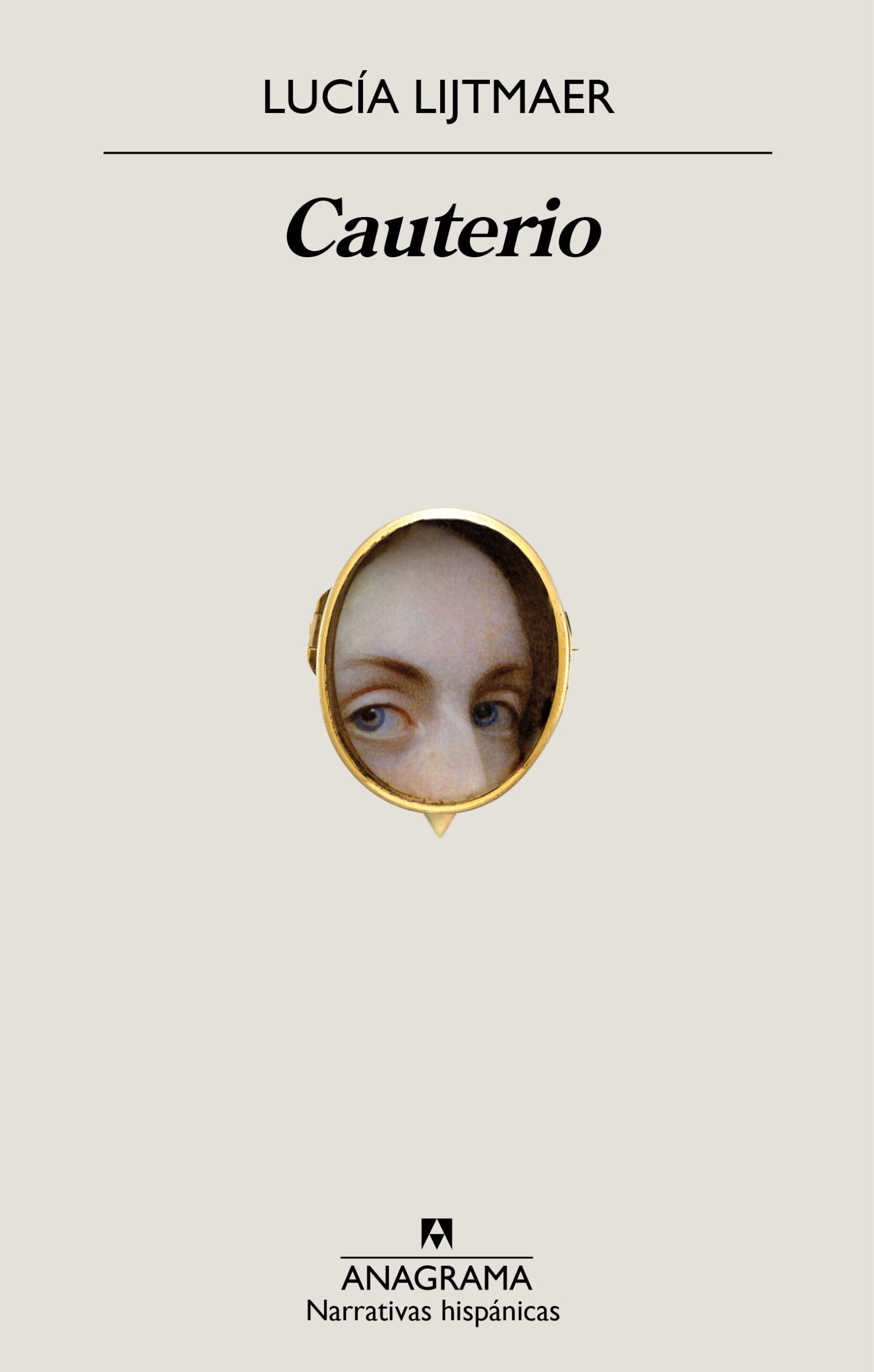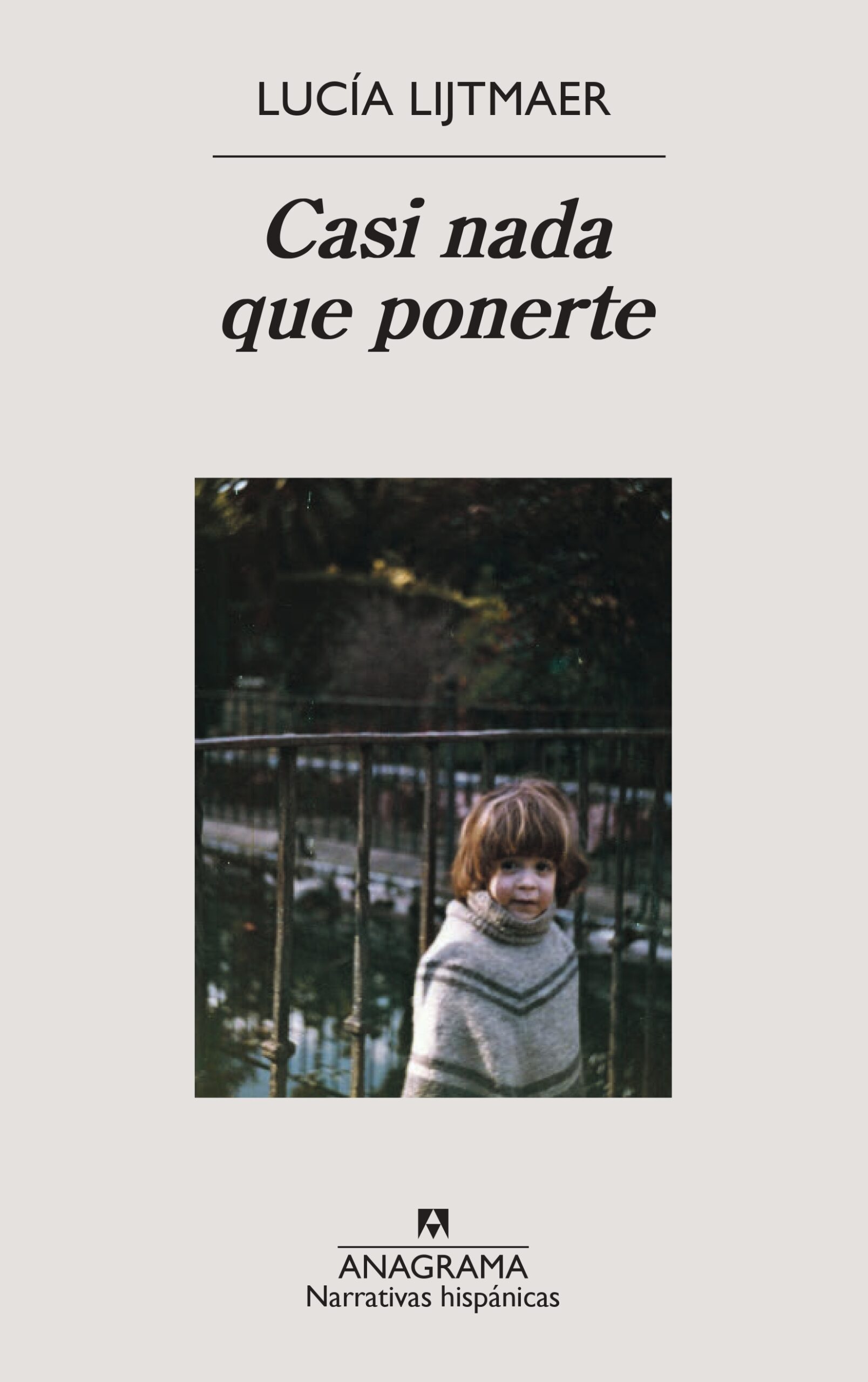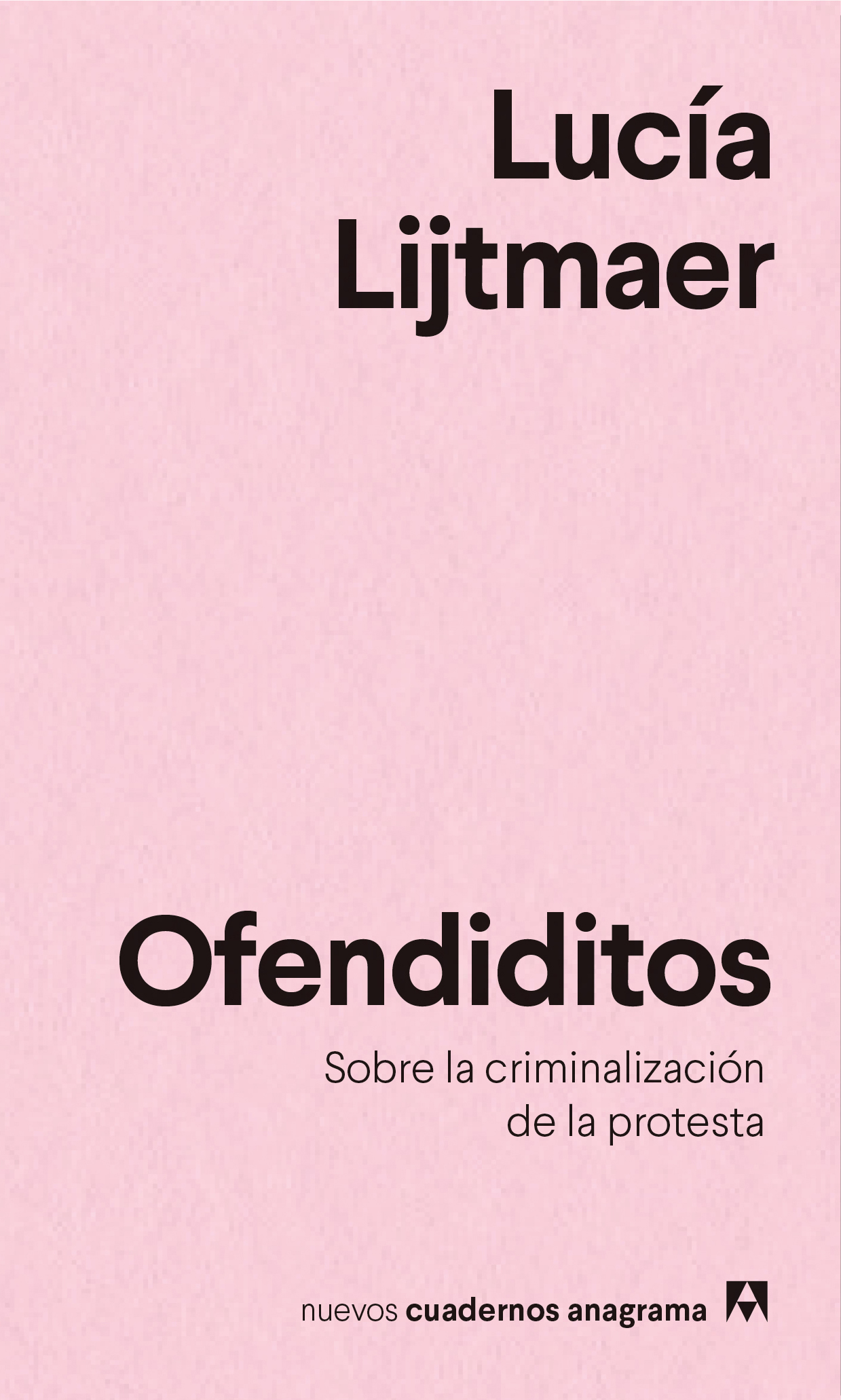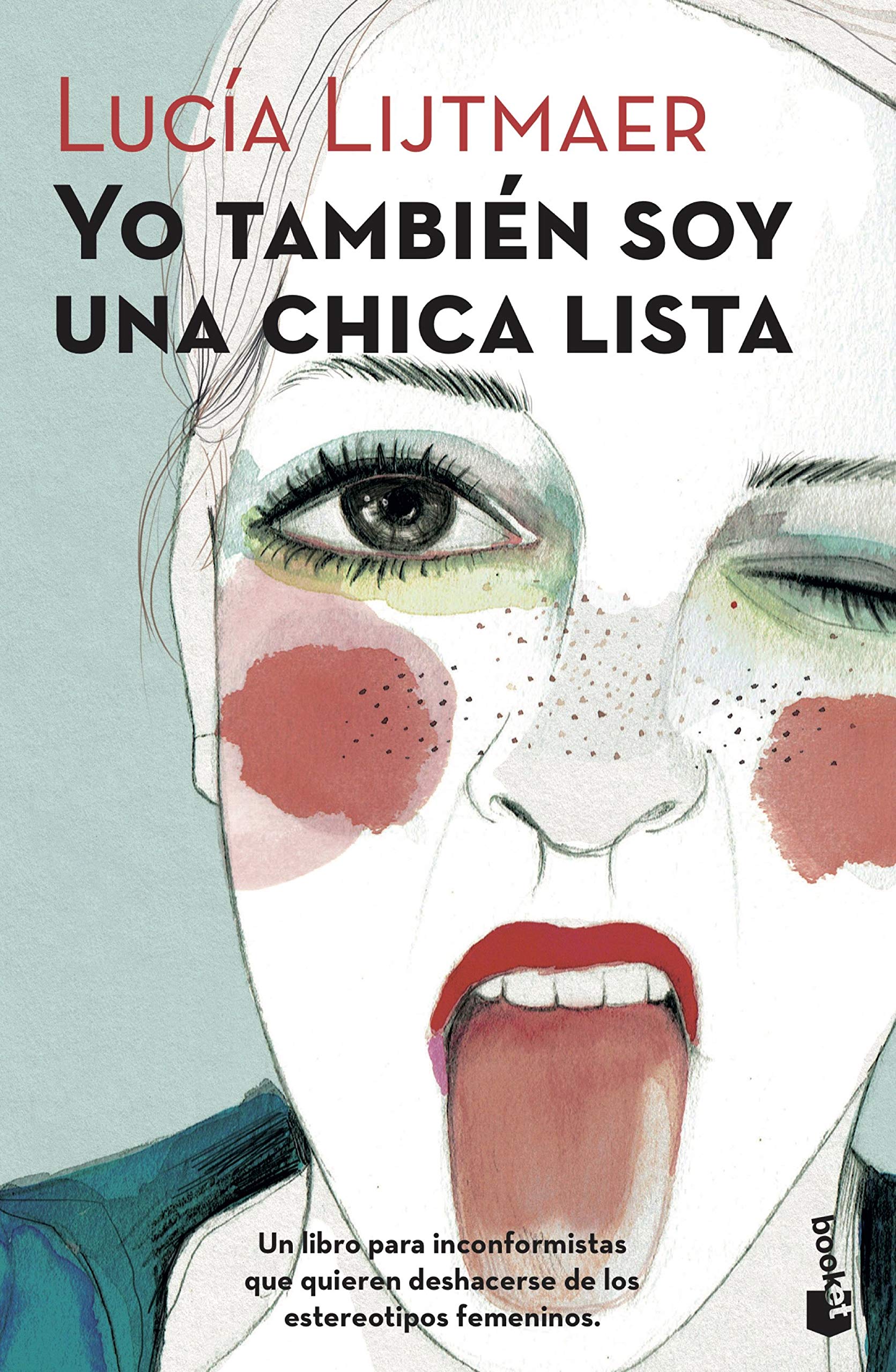
Cauterio
In a prose indebted to Bret Easton Ellis and Mercè Rodoreda, full of sarcasm, irony, and mystery, Lucía Lijtmaer has written a consummate novel about running away from pain as a form of survival and rebellion against contemporary gender roles.
It’s the summer of 2014. A young woman has just been abandoned by her significant other, and she flees Barcelona for Madrid, convinced that the apocalypse is coming. Four centuries before, another woman––Deborah Moody, whom history will recall as the most dangerous woman in the world––is obliged to emigrate to North America with a very different secret of her own. What do these two women have in common? Why have they decided to leave everything they know and start again?
Their voices detail two crossed stories about violence and hypocrisy, witches and healers. About Salem as the possibility of a world where something can bear fruit far from judgment and condemnation. About Barcelona as a city hacked, soulless, crushed by gentrification, on the edge of collapse, where falling in love is an illness and nothing can be saved. Or can it?
At the same time, she portrays the city as another character, proud and abandoned, looking at its inhabitants over its shoulder as if to say: I’m still here, despite everything. Go down with me. Against self-destruction, the author proposes a radical solution: burn it all down. That’s the only way the wound will cauterize.
«Lijtmaer constructs a universe in 200 pages. Like the medical procedure that gives its name to the book’s title, Cauterization, she burns and cures at the same time. And there is something in the book’s sorrow that even makes us laugh at times.» Javier Rodríguez Marcos, El País
«Lucía Lijtmaer has become one of the most relevant and versatile voices of our cultural landscape. Cauterization is fated to make its way to the forefront of our literature.» Jacobo de Arce, El Periódico
«A novel-knife about love as a trap, female exile and the power of revenge. A novel written as if Broken Mirror by Merce Rodoreda comfortably embraced with The Rules of Attraction by Bret Easton Ellis or My Year of Rest and Relaxation by Otessa Moshfegh. A text about the lies we tell ourselves to retain others and the truths we understand from the rejection of others and our own pain. And most importantly: in the face of disappointment, the possibility of friendship as a space to generate community.» Noelia Ramírez, SModa
«Lucía Lijtmaer has created a story that is not just moving and imaginative, but also incomparable: she dissects the jungle of timeless sentiments and powers.» Agustín Fernández Mallo
«Lijtmaer submerges us in two stories in a single wave of irreverent and destructive swampwater that carries us off. Absolutely striking, acidic, and captivating.» Irene Solà
«Once upon a time there was a new and powerful voice belonging to Lucía Lijtmaer, capable of bending, fleeing, stabbing. A sharp and twisted feast.» Laura Fernández
«Linguistically captivating, often ironic and biting. … A clever and feminist novel in the best sense of the word and not for nothing a great literary success in Spanish.» Victoria Eglau, SWR
«How often I held my breath while reading: from tension, from horror, from the precision of the truths contained – and often simply from delight at the narrative sophistication. There are books that you read and there are books that you feel. This one is of the second variety.» Jarka Kubsova, auth
«The radical escape from pain, betrayal and humiliation makes for an amusing read thanks to a wild mix of sarcasm, mystery and apocalyptic visions.» Bücher Magazin
«Lijtmaer’s women are forces of nature.» Anna Dreussi, DER SPIEGEL
Croatia: Fraktura; France: Robert Laffont; Germany: Suhrkamp; Italy: Alter Ego; Serbia: Dereta; World English: Charco Press; Film rights: Dollhouse/The Story Lab with Edgar Ochoa attached to produce


